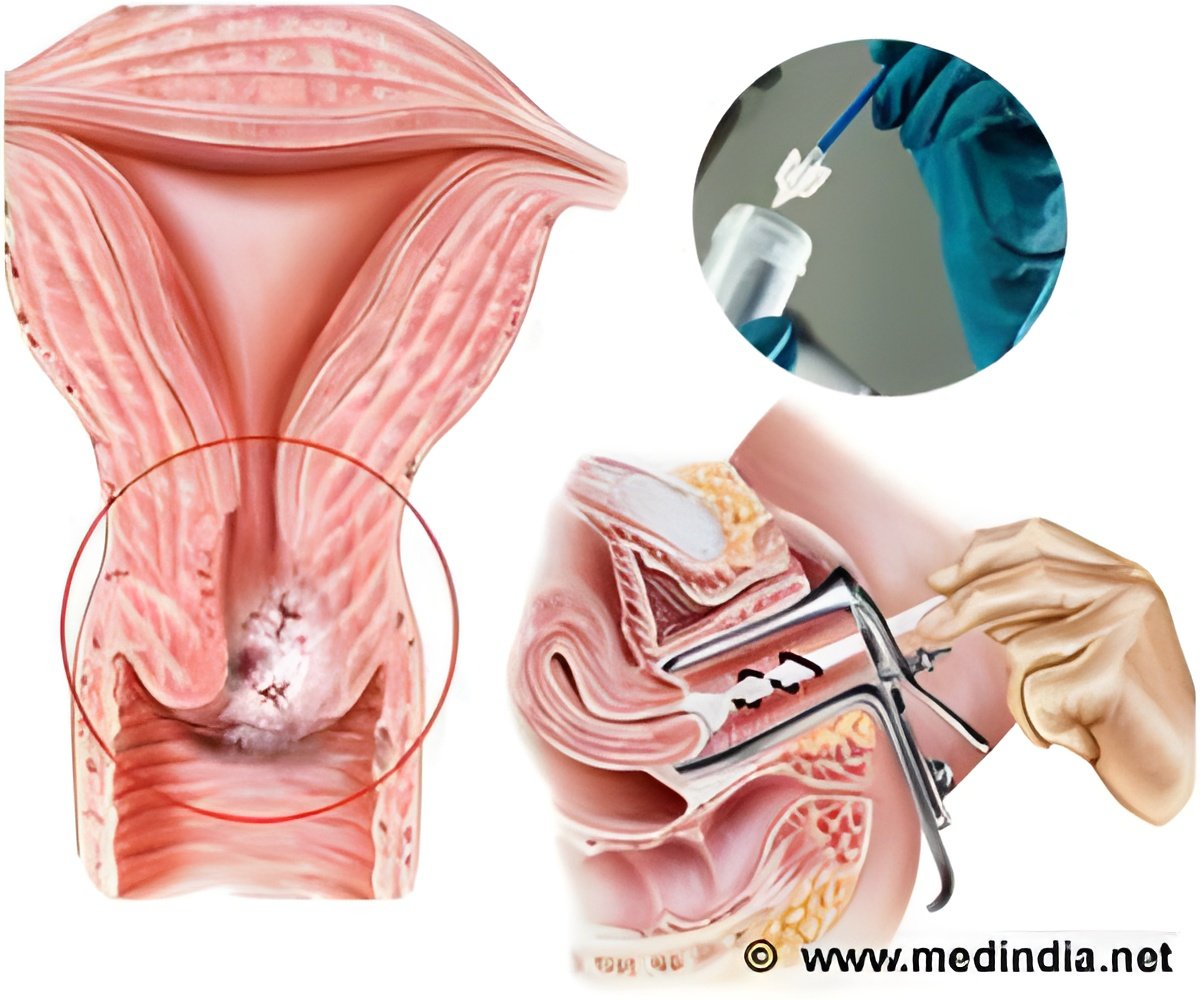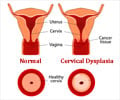Hundreds more women’s lives could be saved every year if every woman invited to come for NHS cervical cancer screening turned up at their appointment.

‘Screening for cervical cancer is so effective that it prevents an estimated 1,827 deaths a year from it in England alone.’





Around 800 women die from cervical cancer in England each year. Cervical cancer screening is offered to women in the UK aged between 25 and 64. Between 25 and 49, women are invited for screening every three years, and up to the age of 64, every five years. Screening involves a smear test which searches the entrance of the womb for abnormal cells. This gives doctors a chance to remove tissue that might become cancerous.
The cervical screening program already prevents thousands of cancers each year and as it continues to improve, by testing all samples for the human papilloma virus (HPV), even more women are likely to avoid this disease.
The NHS screening programme invites women to be screened every three years between the ages of 25 and 49. They are then invited every five years up to the age of 64.
Dr Claire Knight, health information manager at Cancer Research UK, said: "Whether or not to go for screening is an individual choice, but Cancer Research UK recommends women take up the offer to attend cervical screening when invited."
Advertisement
Source-Newswise














